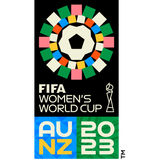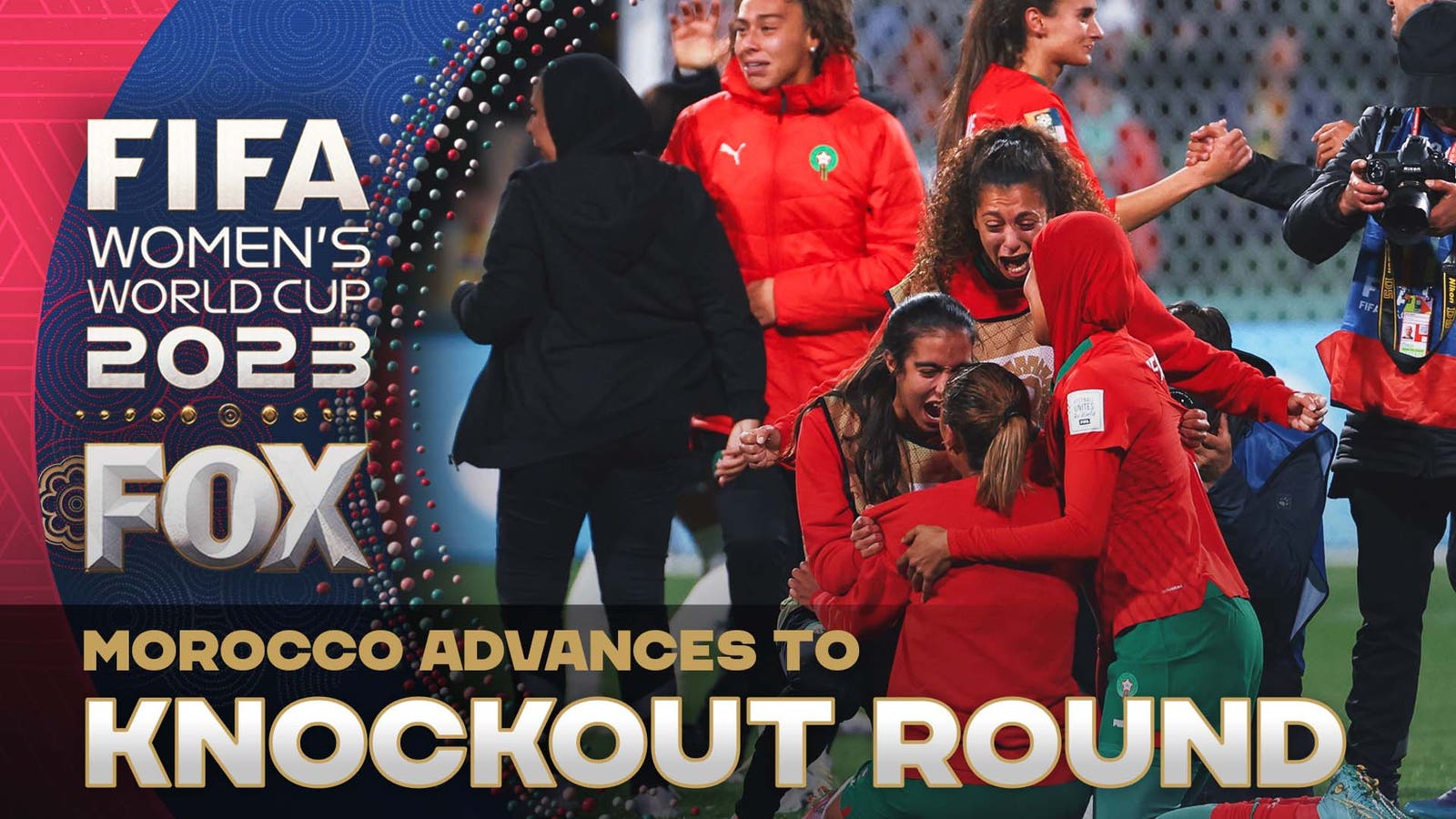
MELBOURNE, Australia — Alex Morgan has been one of women’s soccer’s most recognizable faces for well over a decade now – long enough for the United States star to witness from a front-row seat the way the sport has exploded in just about every corner of the globe since her first World Cup appearance in 2011.
Now 34, the ongoing 2023 tournament being co-hosted by Australia and New Zealand is Morgan’s fourth and possibly final World Cup. But the event is almost unrecognizable from the one she broke onto the international scene at in Germany a dozen summers ago.
That World Cup had just 16 teams. This one is twice as big. The attendance figures Down Under have shattered previous records. While even FIFA feared that expanding the event by eight nations from the 24 that competes at France 2019 would lead to mismatches and lopsided score lines like the 13-0 hurting Morgan and her U.S. teammates put on debutant Thailand in their tourney opener four years ago, they also thought it was the fastest way to further grow the women’s game.
For the most part, those routs haven’t happened. And even when one has, it hasn’t necessarily been a death sentence.
Take Morocco. The first Arab nation to qualify for the Women’s World Cup, most expected the Lionesses of Atlas to be happy simply to be here – especially after Germany, a two-time champion and FIFA No. 2 ranked team, drubbed them 6-0 in their debut. But the Moroccans dusted themselves off and reeled off consecutive wins over South Korea and Colombia, advancing to the knockout stage at the Germans’ expense.
Morocco advances to knockout stage for first time in Women’s World Cup history and the World Cup crew reacts
That’s been far from the only shocker. Joining Germany as group-stage casualties were Brazil and Canada – both of them also considered legitimate title contenders a few weeks ago. Even Morgan’s U.S., the two-time defending champs who have never finished worse than third at a World Cup, were almost eliminated by Portugal in the group finale.
“Having been on this team and in this game for the last 13-plus years, I’ve just seen the growth firsthand,” Morgan said before the Americans meet Sweden on Sunday in the round of 16 (coverage begins at 4 a.m. ET, with kickoff at 5 a.m. ET on FOX and the FOX Sports app).
“The women’s leagues around the world becoming financially stable, giving a chance to so many female footballers to play year around. It was only a matter of time for the game to get to where it is now. Us players have been saying that this is going to be the most competitive and watched World Cup, and you’re seeing that.”
Long gone are the days when the top teams could cruise. Joining Morocco in the last 16 are Colombia, Jamaica and South Africa. Only the Colombians had progressed that far before. And all three did advanced without the same financial backing the established nations now enjoy. Jamaica’s players defrayed some of the costs associated with their participation by raising $45,000 in online donations.
“The 16 teams that are still here have fought every single minute of every single game just like every other team that isn’t here,” Morgan said. “It’s just incredible to see the growth of the sport. It just goes to show just where women’s football is trending and going, and I think a huge piece of that are the federations supporting their women’s teams more – and [putting] the spotlight on the federations that aren’t supporting those women’s teams.”
Morgan welcomes the change – even if the increased competition could make it harder for the traditional powers. Her U.S. squad is trying to pull off an unprecedented third consecutive World Cup triumph later this month in Sydney. No country has ever won three in a row on either the men’s or women’s side.
“Seeing Germany go out in the way that they did, it was tough to watch,” Morgan said. I don’t think that any of us are sitting back going, ‘Oh, we’re happy that that happens.’
“But then you also see the joy on the teams that are going through, that may not have thought that their chances were high and were able to make a miracle happen,” she said.
“I think that’s what soccer is all about.”
Doug McIntyre is a soccer writer for FOX Sports. Before joining FOX Sports in 2021, he was a staff writer with ESPN and Yahoo Sports and he has covered United States men’s and women’s national teams at multiple FIFA World Cups. Follow him on Twitter @ByDougMcIntyre.
FIFA WORLD CUP WOMEN trending

Get more from FIFA Women’s World Cup Follow your favorites to get information about games, news and more








